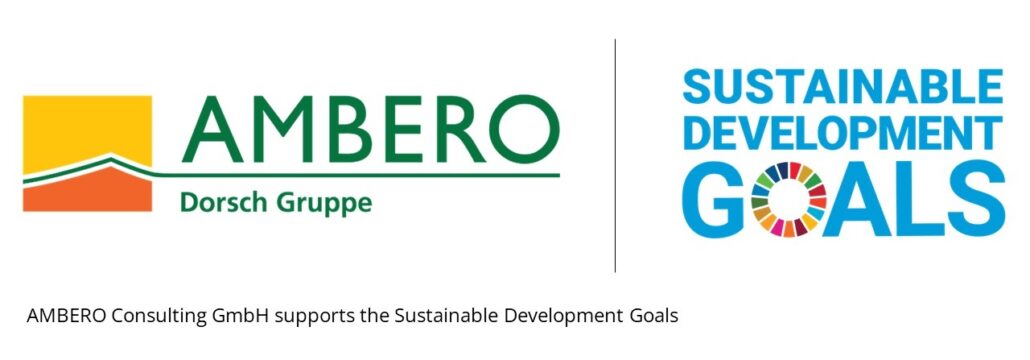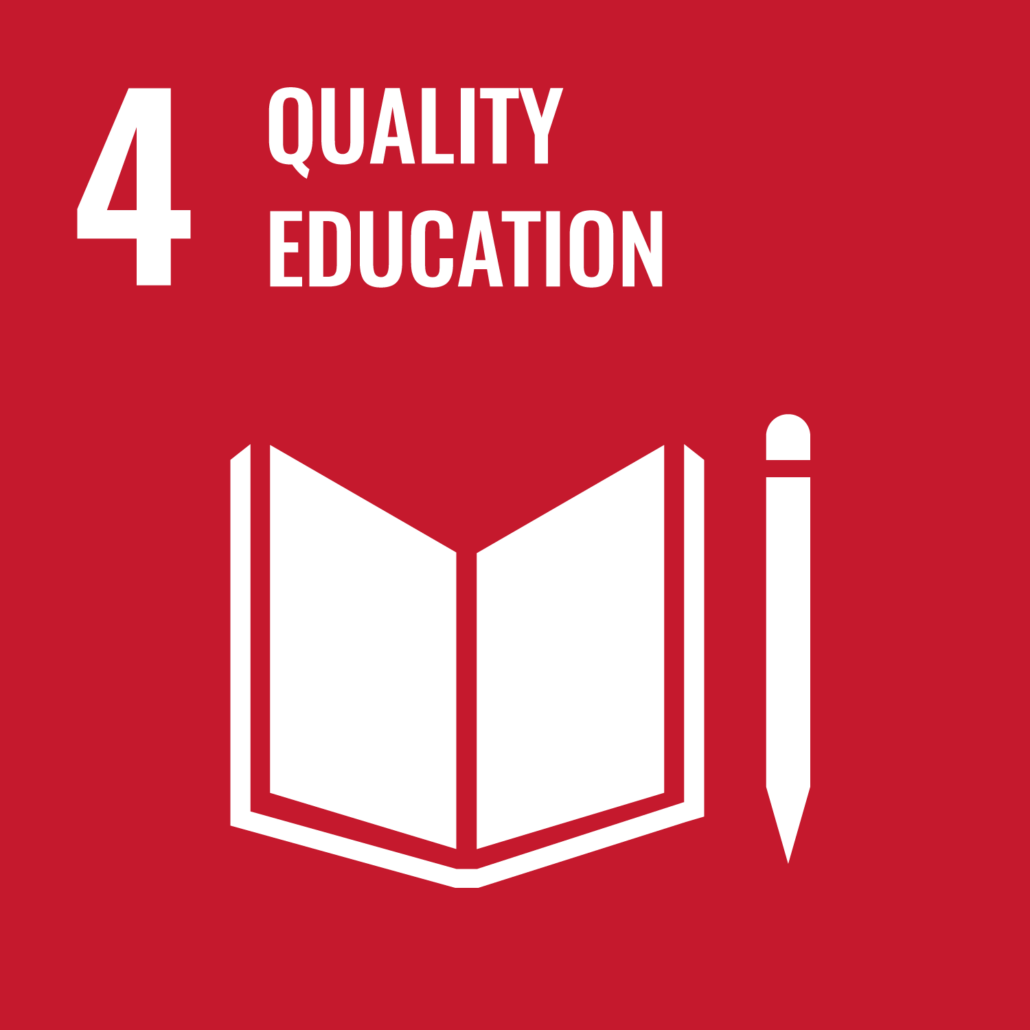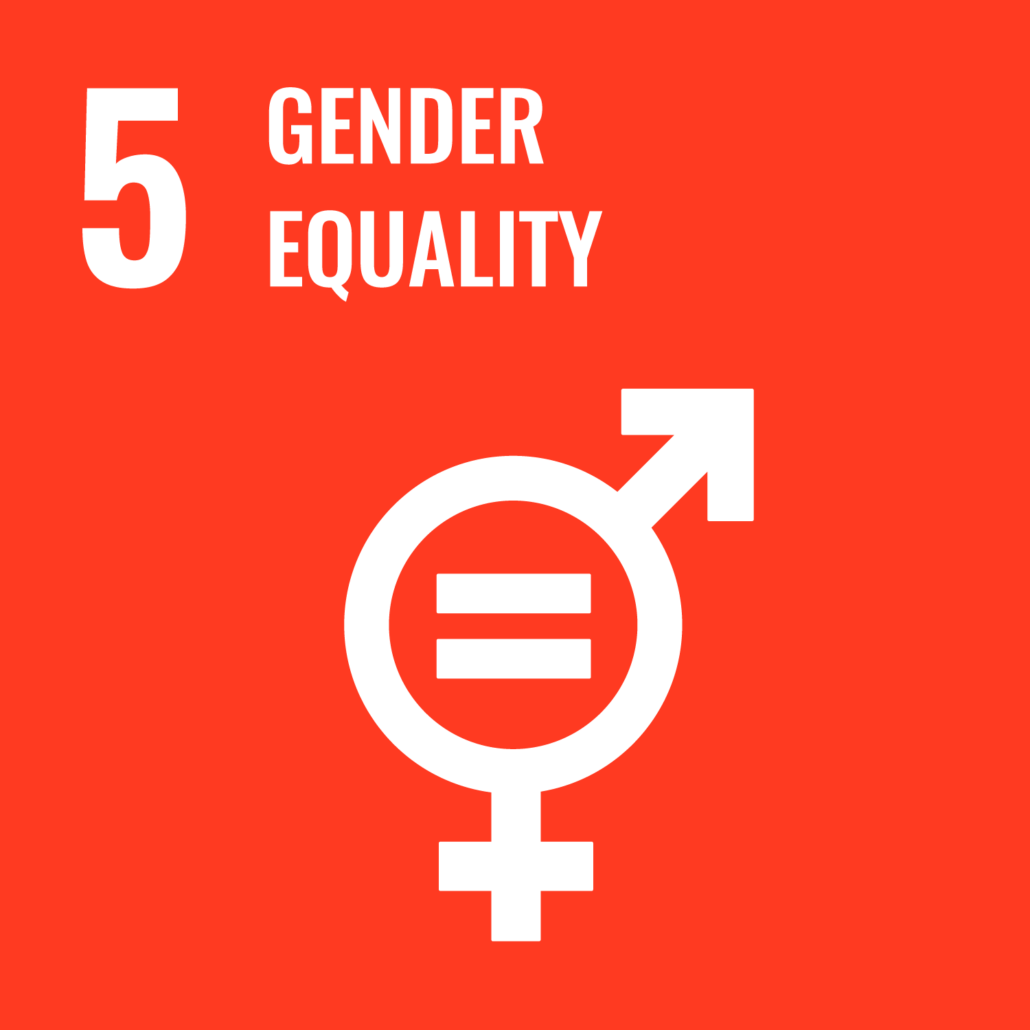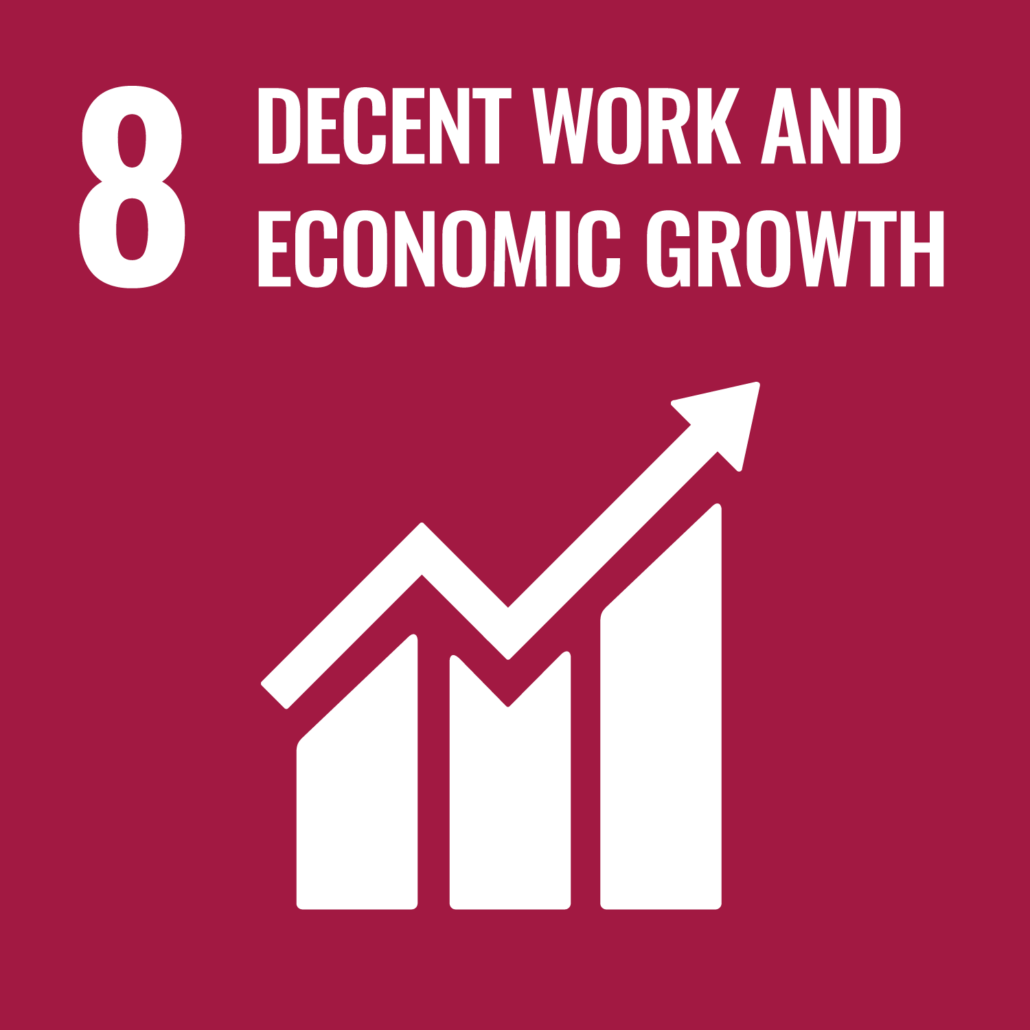Strengthening the Vocational and Job Skills Training Sector in Anbar, Iraq – ARILA
Context
After years of crisis, today Iraq has a comparatively stable security situation. Still there are many challenges remaining, one of them being the lack of economic prospects, especially for the young generation. Also, Iraq is one of the countries suffering most from the impacts of climate change, and, at the same time, also contributing massively to the causes of climate change being one of the world’s biggest producers of oil. However, efforts to diversify the economy have stalled so far. Amongst the many challenges is the limited capacity in the vocational training sector to provide high-quality training to young Iraqis seeking to enter the labour market.
Project description
Within Iraq, Anbar governorate is one of the governorates most severely affected by the warfare and by a stalled reconstruction progress. To improve the conditions for improved livelihoods in the three eastern Anbari districts of Heet, Ramadi and Fallujah and assist their post-conflict transition towards sustainable economic development, the Project “Strengthening the Vocational and Job Skills Training Sector in Anbar – ARILA” contains three interlinked components:
a) Restoration and rehabilitation of basic services;
b) Strengthening of citizen-state relationships;
c) Improving livelihood opportunities through vocational education and business support in the non-agricultural field.
The underlying hypothesis for change is that a solidly educated local labour force in Anbar can fill the vacancies created by scaled businesses resulting in income generation and business growth, as well as improved local productivity and service availability necessary for the region’s economic recovery.
In the context of AMBERO/bbws commission, ARILA’s livelihood interventions aims at: More capable vocational training institutions can provide up-to-date practical and industry current technical skills that are in demand by potential employers to a sufficiently high number of participants, creating a more capable labour force and higher chances for graduates to be employed.
In concrete terms, ARILA aims to capacitate employees and teachers at the Ramadi Vocational Training Centre and Youth Centres, who will offer a broader array of qualification courses to the main target group of young (unemployed) Anbar citizens living in Heet, Ramadi and Fallujah. A special emphasis is to be placed on young women, former internally displaced people who have returned/settled and host communities for IDP and returnees.
Services
AMBERO Consulting, together with its consortium partner bbw, provide services related to the ARILA project’s economic component, which contributes to enhancing income-generating opportunities for vulnerable people in the conflict-affected area of Anbar, with focus on unemployed youth and women (Output 2).
AMBERO-bbw is responsible for developing the labour market-relevant skills of project participants, leading to dependent employment in construction, trade, and crafts and strengthening the institutional and individual capacities of Anbars providers of technical and vocational education and training (TVET).
Additionally, AMBERO-bbw closely co-operates with regional employers to ensure the relevance of the short-term trainings as well as the success of the foreseen job matching and placement activities.
The services include:
- Developing short-term training packages to provide labour-market relevant skills for the non-agricultural labour market, including technical and generic stills;
- Improving managerial and teaching capacities of the VTC;
- Developing and facilitating a pilot phase of newly developed short-term training packages;
- Matching of training participants with potential local employers;
- Implement short-term labour-market-relevant skills training for IDPs and vulnerable persons
Sustainable Development Goals
This project acts on implementing the following Sustainable Development Goals:
SDGs
4 Quality Education – This goal emphasizes ensuring inclusive and equitable quality education and promoting lifelong learning opportunities for all. Strengthening the vocational and job skills training sector directly contributes to enhancing the quality of education and training available, particularly in technical and vocational education and training (TVET), which is crucial for empowering individuals with the skills required for employment, decent jobs, and entrepreneurship.
5 Gender Equality – Ensuring that vocational training programs are accessible to all, including women and girls, can contribute to achieving gender equality and empowering all women and girls. This involves removing barriers to education and training for women and ensuring they have equal opportunities to gain the skills needed for high-quality jobs.
8 Decent Work and Economic Growth – By focusing on vocational and job skills training, the project aims to promote sustained, inclusive, and sustainable economic growth, full and productive employment, and decent work for all. Enhancing skills training can improve employability, support economic development, and ensure that workers can access quality jobs.
10 Reduced Inequalities – By providing equitable access to vocational and job skills training, the project can help reduce inequalities within and among countries. It can ensure that marginalized groups, including those in rural areas, persons with disabilities, and others facing barriers to employment, receive the training and support needed to secure decent work.
17 Partnerships for the Goals – Implementing a project of this nature often requires collaboration between governments, private sector entities, educational institutions, and civil society organizations. Strengthening partnerships can mobilize and share knowledge, expertise, technology, and financial resources to support the achievement of the SDGs in the vocational training sector.


AMBERO Consulting Gesellschaft mbH
Westerbachstraße 3
D-61476 Kronberg i.Ts.
Germany
Phone: +49 6173 325 40 0
Fax: +49 6173 325 40 22
E-Mail: info@ambero.de
Expertise
Latest project
Stay connected
Follow us on LinkedIn
Sign up for our Newsletter














